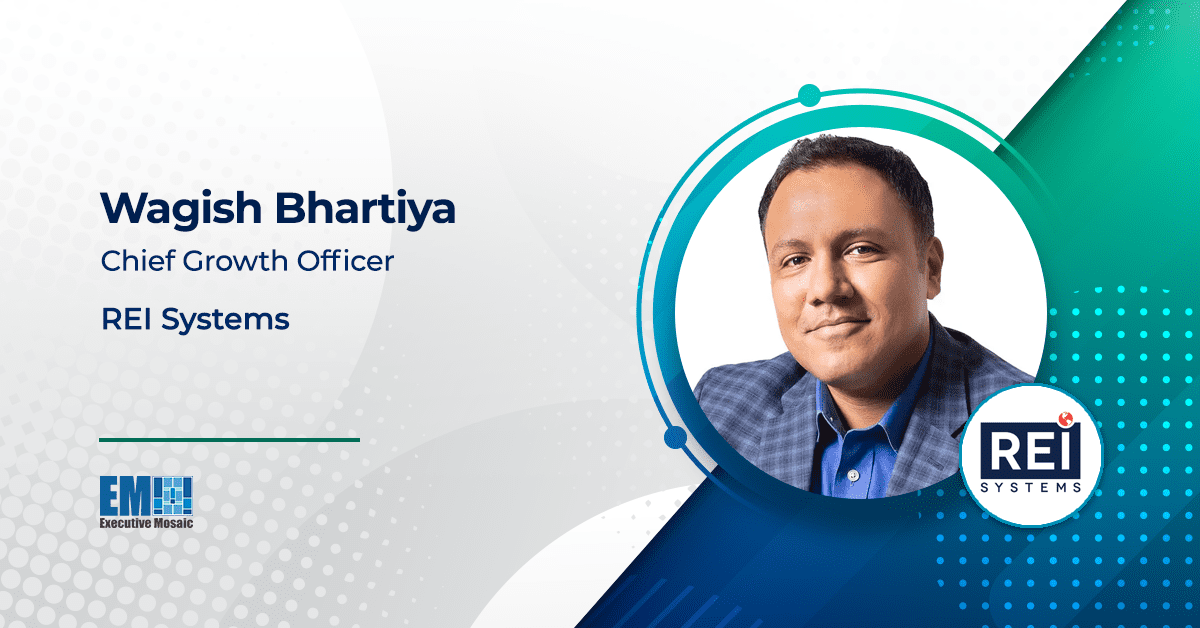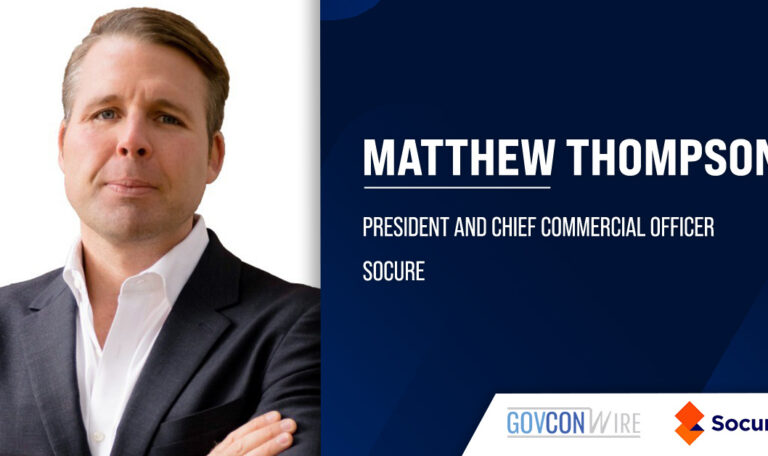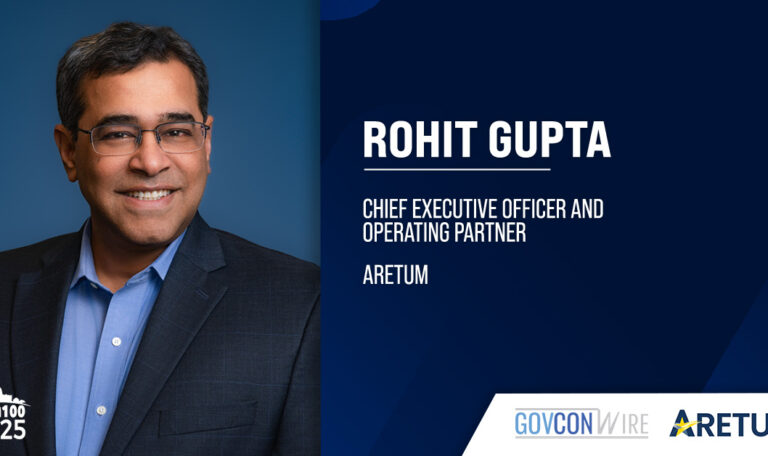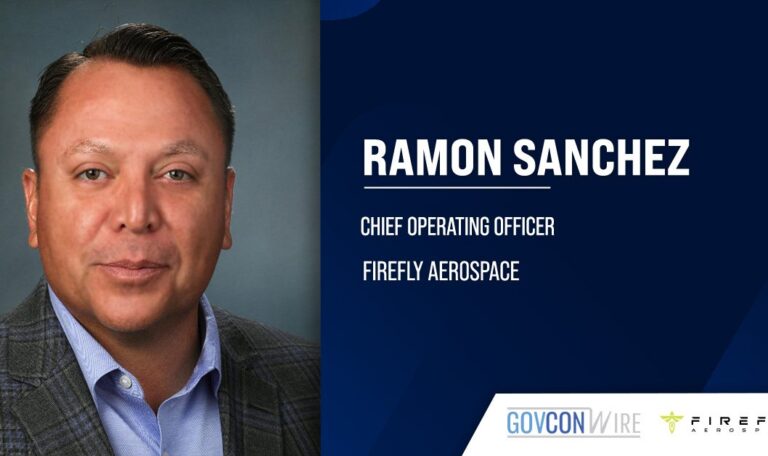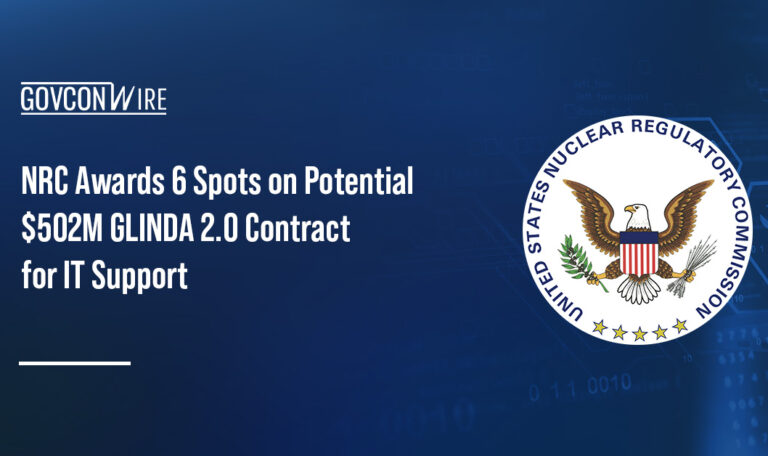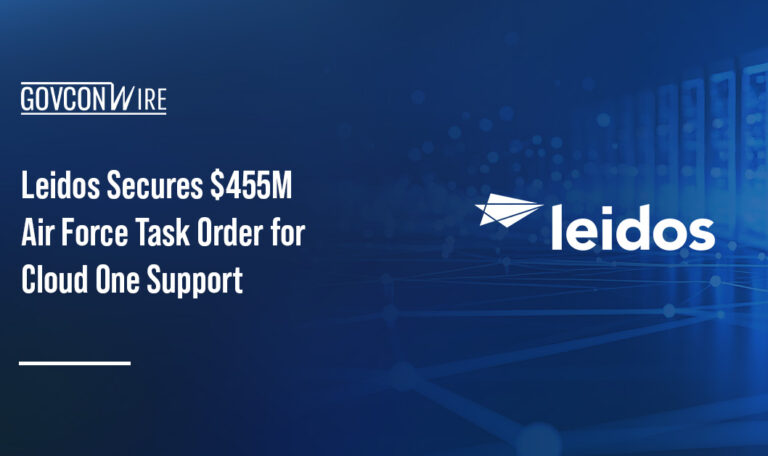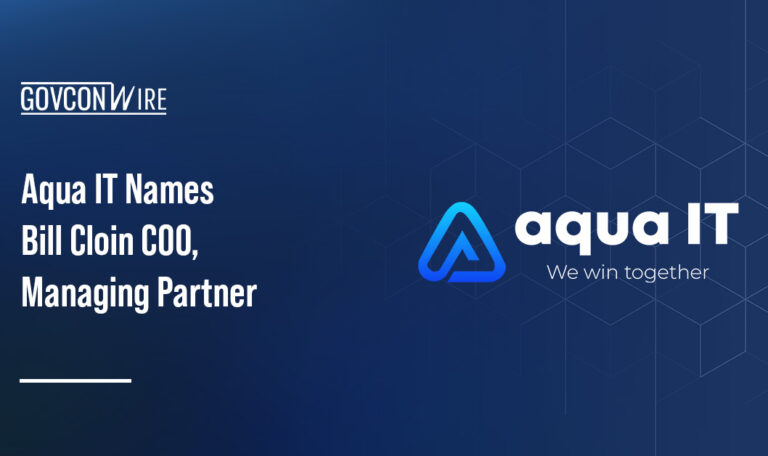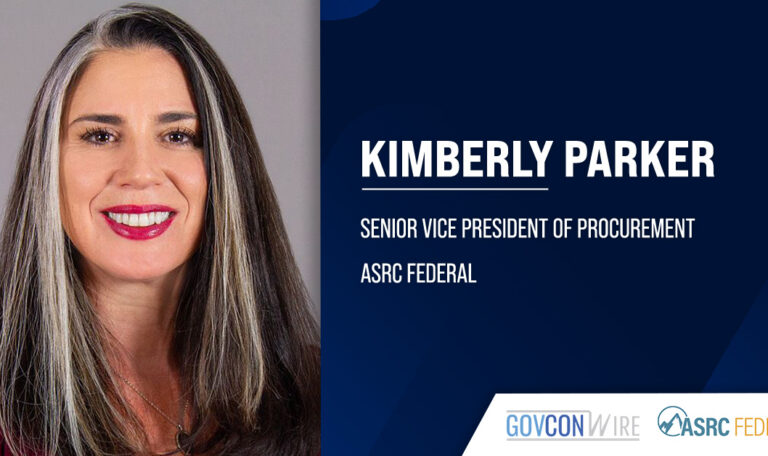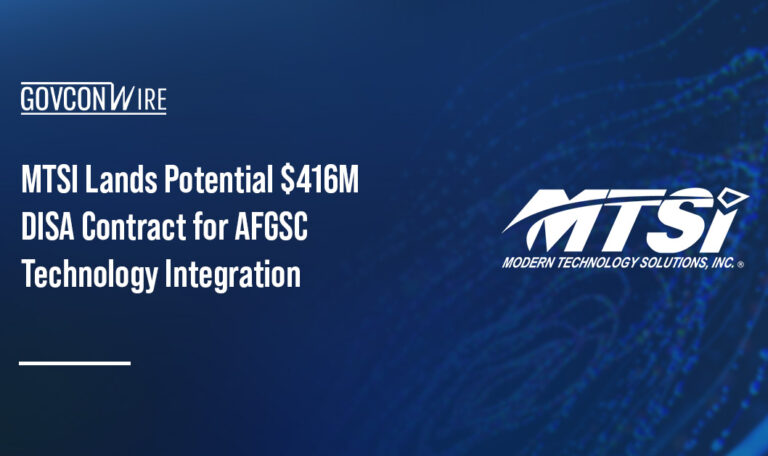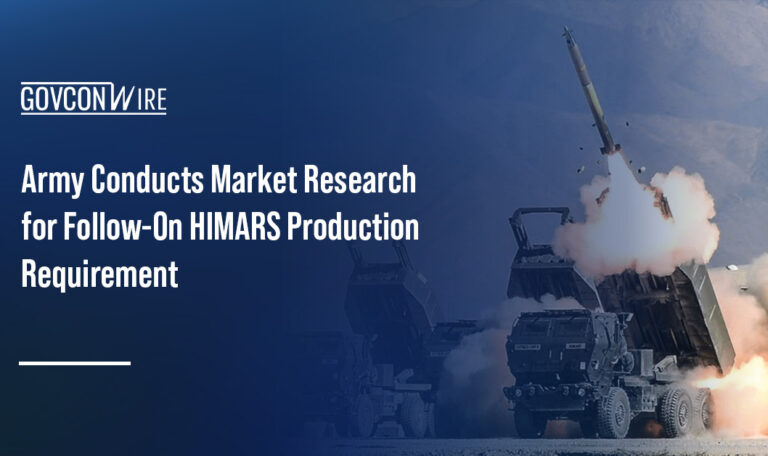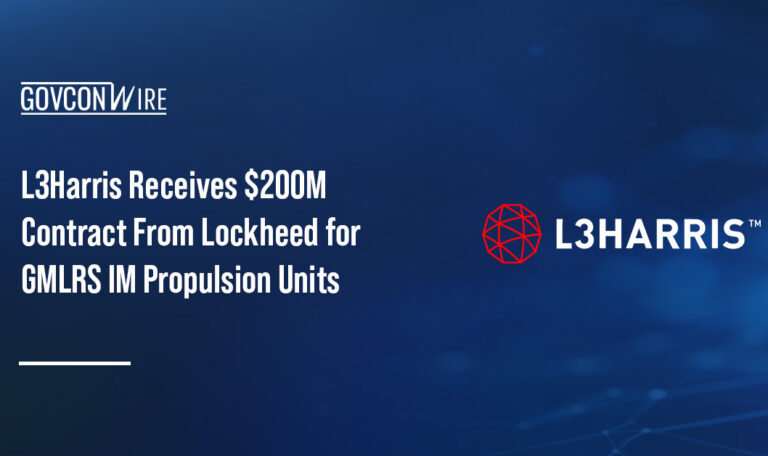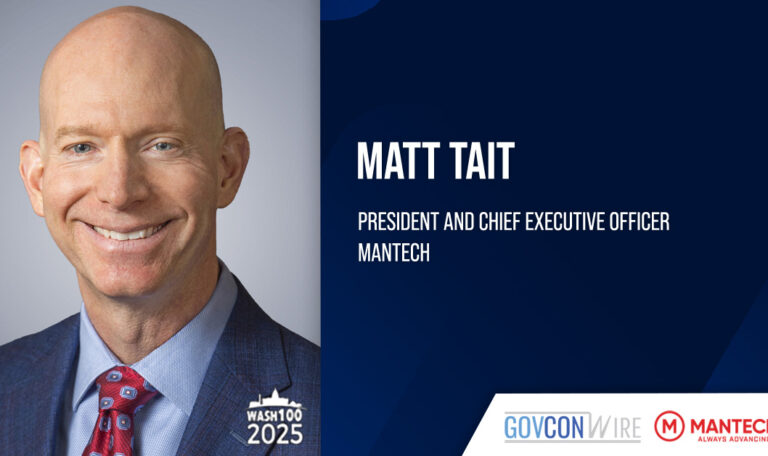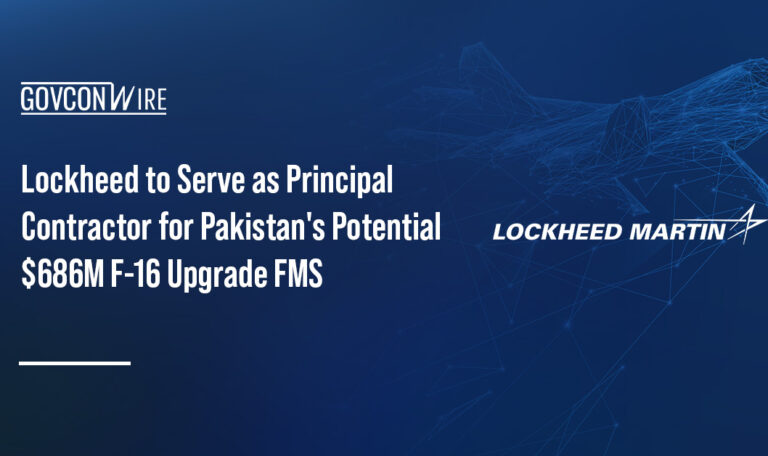Wagish Bhartiya’s career trajectory has included the best of both worlds: he has spent roughly half of his working life in government contracting and half in the commercial sector. A fixation on and expertise in technology has been the throughline, but after a decade or so on the outside of GovCon, he was drawn in by the industry’s dedication to using technology for a greater good.
At REI Systems, he has steadily gained more responsibility, first leading the cloud solutions business as a senior director to his current role as chief growth officer, all the while working to support federal mission outcomes.
Bhartiya engaged in an enlightening conversation with GovCon Wire, during which he highlighted the company’s focus on fostering long-term relationships, mused on trends in GovCon like the influx of private equity investment and how it drives shorter-term thinking that is potentially misaligned with agency missions that often take years to manifest.
GovCon Wire: Tell me about REI Systems’ culture. What aspects of the company do you think are contributing most to achieving success for your customers?
Wagish Bhartiya: REI will be celebrating our 35th birthday this week. We are a privately held organization, which significantly influences our culture and values. Our culture is centered around the concept of ‘customers for life,’ a core value we’ve emphasized since our inception. This belief shapes our daily operations and our approach to projects for our government customers. We don’t view contracts as mere three- or five-year terms but aim to build relationships that last 20, 30, or even 50 years. This perspective shifts our engagement model with our customers and their missions from transactional to transformational.
It affects our decisions on building technology solutions, prioritizing long-term partnership over short-term profitability. It also influences our staffing approach, determining who we hire and promote based on their ability to serve our customers in the long term. Additionally, it guides our growth strategy. We focus on growing at home first, ensuring we thoroughly understand and excel in serving our existing customers. This focused approach allows us to support agencies in achieving more of their mission objectives over time.
GovCon Wire: In the near future, is REI looking to develop a deeper set of capabilities in your current fields or expand your offerings to include new capabilities in new fields?
Wagish Bhartiya: Building on the notion of ‘customers for life,’ we focus on what our customers need today and tomorrow. Our new capabilities and offerings are driven not by market hype or speculation, but by our customers’ specific needs and challenges. When multiple customers express similar challenges, we invest in those areas because they are real and immediately impactful.
Recently, case management emerged as a new offering. While we are known for application modernization, many customers requested tangible solutions for case management. Instead of building a custom case management solution, we leveraged low code solutions such as Appian and Salesforce to quickly deliver for our customers. Over the last couple of years, we have developed and successfully implemented this offering.
Another area of focus is artificial intelligence. Customers have asked us to apply automation, predictive analytics and other foundational AI elements to optimize their current operations. Rather than building entirely new generative AI solutions, we enhance our AI capabilities based on customer requests and current projects. Innovation doesn’t always have to be spelled with a capital “i.” Sometimes smaller innovations lead to bigger results.
Human-centered design and UI/UX capabilities are also growing areas for us. As we develop more citizen-facing websites and applications, we aim to make them as user-friendly as consumer applications. We want to modernize the often cumbersome and confusing government apps and websites. We want to be part of the government’s shift from “there is a form for that” to “there is an app for that.”
These three areas—case management, AI and human-centered design—are where we are expanding and see a lot of potential for our organization. At the same time, we continue to strengthen our core capability in application modernization and digital transformation. These are our bread and butter and we feel like we are uniquely positioned to help our agency customers evolve in the future.
GovCon Wire: How has GovCon changed since you began your career, and what’s your take on the market now?
Wagish Bhartiya: I think there are three broader trends, some of which fluctuate depending on the political and competitive landscape.
First, there is currently a strong demand and preference for small business set-aside work in the government contracting industry. While this focus has always been present, it has become especially prominent in the civilian market over the past five to seven years.
Second, we have seen an increase in outside investment in the industry, particularly from private equity firms. They are drawn to the stability of the federal market and the potential for growth through mergers and acquisitions. This trend involves building platform companies and adding several smaller companies to them, which are then sold to publicly traded government contractors. This approach has become increasingly common over the past decade.
Third, there is a shift in how customers are buying. Traditionally, acquisitions were based on written proposals. Now, we see more emphasis on orals, demos, coding challenges and proofs of concept. This shift toward a ‘show me’ rather than ‘tell me’ model allows the government to better assess who will be most effective in performing the work. This move toward more agile and creative acquisition methods has become more apparent over the last 10 to 12 years.
From an organizational perspective, REI is addressing these trends in several ways:
Small Business Partnerships
We are embracing the shift towards small business dynamics by building trusted partnerships with small businesses, focusing on specific markets and capabilities. We seek to be a trusted partner for smaller businesses and extend the long-term relationship model that we have with our customers to our small business partners as well. We seek to partner across opportunities and agencies, not just in a “one and done” model.
Long-term Mindset
Somewhat counterintuitively, we view the increase in private equity investment as advantageous to an employee-owned firm like REI in the long term. While it may cause some short-term disruptions in our pursuits, our long-term commitment and stability will reassure our government clients that we are in it for the long haul. We aren’t seeking to maximize profit or near-term gains. We do want to understand missions as they evolve and agency needs shift even if that means less financial gain in the short run.
Demonstrating Tangible Impact
The shift towards more orals, demos and POCs plays to our strengths as a technically adept organization that understands mission. We focus on demonstrating our capabilities effectively rather than relying solely on polished written proposals. This allows us to showcase our practical skills, depth of experiences and impact to existing customers.
By addressing these trends head-on, we position ourselves to adapt and thrive in the evolving government contracting landscape.
GovCon Wire: How do you set your priorities in an ever-changing market? What are the key factors you look for when making bidding and/or acquisition decisions?
Wagish Bhartiya: Tying back to our long-term horizon, we focus equally on what is changing in the market and what remains constant over a three, five, 10, or 20-year period. Key constants include delighting our customers, delivering high-quality work and prioritizing mission-focused execution. However, we recognize the need to evolve and not just repeat the same approaches. By using our customers as sensors and engaging meaningfully with the 20-plus different agencies we support, we drive our corporate strategy based on their insights.
While the government doesn’t move quickly, this allows us to anticipate changes on the horizon and decide whether to embrace them without being caught flat-footed. We take a methodical approach to adopting new shifts. For instance, we discussed AI briefly, but a few years ago, there was significant hype around blockchain, which has since dissipated as tangible use cases in government did not materialize. Without real value, such trends eventually fade.
Looking ahead to the next three to five years, we aim to deepen our presence in the agencies we currently serve. There is still much transformation and modernization work to be done. The government is increasingly deploying low-code/no-code solutions to reduce the maintenance burden of existing systems, which is still the largest part of IT spending. To shift toward enhancing and providing new features, the government needs to move away from purely custom-based solutions, and we want to help them achieve this.
We remain committed to our customer-first, long-term patient model. This approach ensures we deliver on behalf of our customers and grow from the inside out.
GovCon Wire: Tell us a bit about REI’s role as a mid-sized company.
Wagish Bhartiya: One unique structural aspect of the government contracting industry is its encouragement of market entry and explicit support for small businesses. On the other side, there are large, well-established, often publicly traded entities. In the middle, there is a hollowed-out core of mid-tier organizations due to the pressure to grow rapidly and then sell.
As a solidly middle-market firm, we look at both ends of the spectrum—the small businesses and the large entities—and consider what we offer that’s different. We leverage the natural dynamics of the market to our advantage. For example, we have the resources and depth of expertise, with numerous past performances that build trust with our customers. We can invest in prototypes and innovations, staying one step ahead of the government’s needs. We can hire resources and experts that might otherwise be reluctant to join a smaller organization.
Being privately held and not beholden to Wall Street or private equity, we aren’t pressured to meet quarterly profit margins, allowing us to focus on long-term relationships and helping our customers succeed even if it means an impact to our bottom-line. Any customer receives a lot of attention from us, regardless of size, unlike with many larger GovCons and system integrators. We use a strategic approach, leveraging the heft of larger firms against them to provide better service, greater innovation and stronger relationships.
We fully embrace the middle-market mentality and aim to communicate our compelling value proposition to customers and partners. At REI, we offer unique advantages and are committed to demonstrating that working with us is a very attractive option — especially over time.


